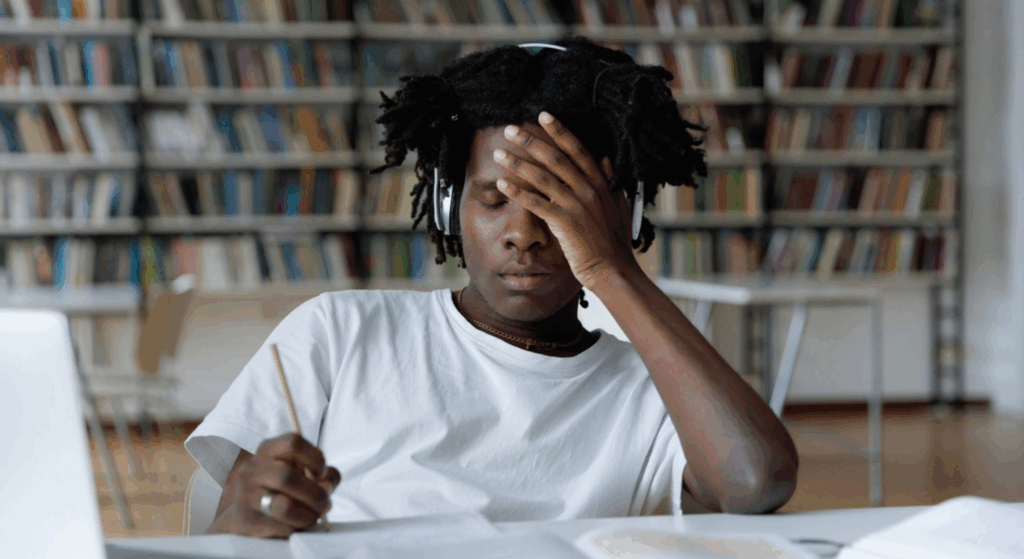Men often face stigma when it comes to acknowledging psychological disorders, including fear. It is crucial to be able to identify the signs, even if you appear to be functioning well in your daily life.
My personal interests range from martial arts and rugby to enjoying relaxing activities like frozen yogurt and spending time with my cats. This blend of toughness and sensitivity is where well-functioning fear can often go unnoticed.
For many men, fear doesn’t always manifest as visible panic attacks or obvious stress. It can present as a constant unease in your gut, irritability, overthinking, insomnia, and a never-ending sense of needing to do more. Men are often conditioned to “power through” these feelings, until the breaking point is reached.
Why Do Men Avoid Discussing Fear?
“Men face a greater stigma when it comes to acknowledging mental health issues and are less likely to seek help,” explains Dr. Sammie Moss, a psychiatrist at Kaiser Permanente. This holds true in South Africa as well, where mental health remains a taboo topic, especially among men who have been raised to embody traits of strength, silence, and stoicism.
Instead of opening up about their struggles, men often turn to self-medication. Whether it’s through alcohol, excessive exercise, workaholism, or relationship obsessions, these coping mechanisms only mask the underlying issues.
“Men may not vocalize their anxiety,” says psychologist Bruce Thiessen, Ph.D., “but they may exhibit physical symptoms like back pain, high blood pressure, or ulcers.”
Recognizing the Symptoms
When I’m feeling anxious, I may not come across as the calm and composed individual that others perceive me to be. I become edgy, short-tempered, and withdrawn. These signs are often mistaken for personality traits rather than indicators of an underlying psychological issue.
Dr. Lindsay Israel, a psychiatrist and Chief Medical Officer at Success TMS, notes that men experiencing fear often mistake their symptoms for a heart attack in moments of distress. The sweaty palms, racing heart, and chest tightness are classic manifestations of anxiety.
Due to the lack of open communication, many men believe they are battling their fears alone. However, this is far from the truth.
Steps to Take
- Seek Support: Initiate a conversation with your GP or a mental health professional. If that seems daunting, confide in a trusted friend who may have faced similar challenges.
- Consider Therapy: Individual or group therapy sessions can help you process your experiences and realize that you’re not alone in your struggles.
- Utilize Digital Tools: Explore apps like Calm or Headspace for breathing exercises and guided meditations to manage stress effectively.
- Stay Active: Engaging in physical exercise releases endorphins and regulates the nervous system. Even a brief walk can have a positive impact on your mental well-being.
- Moderate Substance Use: Limit alcohol and cannabis consumption, as they may provide temporary relief but can exacerbate long-term anxiety issues.
You Are Not Alone
Fear doesn’t always announce itself loudly; it can slowly build up over time, making it seem like a normal part of life. However, this ongoing tension is not normal, and seeking help is a sign of strength, not weakness. If you’re struggling, reach out to resources like Sadag or consult a mental health professional. You don’t need to face your fears alone; you need a plan to overcome them.
This article by Jon Patrick Hatcher was originally published on Men’s Health US – Additional reporting and content by the Men’s Health SA team.

